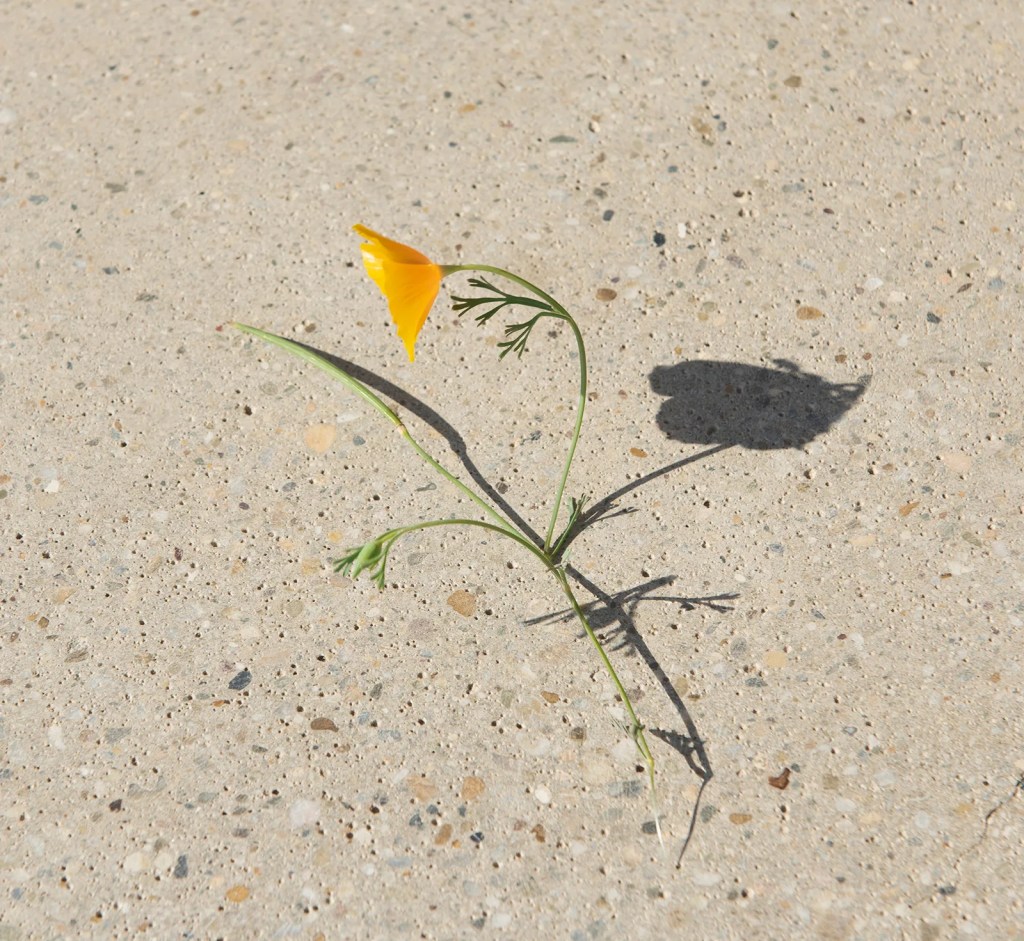articles
manifest your desires and live your purpose
all articles
-

how to use the abraham-hicks emotional guidance scale
read article -

5 ways to awaken & harness your inner power
read article -

eft tapping for anxiety and pain
read article -

the 5 steps to spiritual surrender
read article -

first time author lessons
read article -

how to trust the universe
read article -

how to ask the universe for a sign
read article -

gabby bernstein book guide
read article -

how to release resistance and attract everything you want
read article


